Humans have to do that. Beyond perception by the animal which seems intuitively unlikely, some possible mechanisms for placebo in animals that have been suggested are (1) animals responding to increased attention and care from humans (2) humans perceive an improvement when there is none (3) animals experiencing physiological changes from interactions during treatment, whether by.
The Scientific Study of Placebo Effects in Animal Models
The placebo effect in animals.

Placebo effect in animals. The placebo effect is a beneficial effect produced by a substance which can't be a result of the substance itself. Placebo pills with no active ingredient can even elicit measurable biochemical responses in humans, and in animals (when they have come to associate the pill with an active ingredient). The proverbial bottom line is that an animal’s mental and emotional state has a profound influence upon its physical health.
Instead the effect is caused by the patients belief that the placebo treatment is working. J am vet med assoc. It’s also possible, henriques added, that placebos change the behavior of pet owners more than anything in the animals’ physiology:
Placebo and nocebo effects can influence somatic symptoms such as pain. It is named after a horse that could apparently answer difficult questions, which it did by watching the body language of the (unknowing) trainer. This is perhaps the most intuitively acceptable explanation for any placebo effects in animals.
Dissolving the expectancy versus conditioning debate. Do placebos work on animals? This is of importance when evaluating open label studies in dogs that aim to assess efficacy of antiepileptic drugs, as the reported results might be overstated.
“the owner who anxiously monitors their pet throughout its time in the trial might in fact be helping the pet get better” by paying more attention to its symptoms and needs and responding accordingly, she wrote. Animals cannot directly report their subjective symptoms, such as. The placebo effect in animals, and their owners.
The issue of animals (and presumably babies too) reacting to the expectation of their handlers is known as the clever hans effect. People who’ve been told that animals have received. Conditioning theory proposes that bodily changes result following exposure to a stimulus that previously produced that change.
1robertson boulevard animal hospital vca, los angeles, ca 90069, usa. It is said that the placebo effect experienced by the animal generally depends upon the way the owner or the researcher interacts with the animal. The placebo effect in animals.
Expectancy theory and classical conditioning. The placebo effect in animals on immunomodulation, cardiovascular disease, drug withdrawal, tumor growth and much more is well documented. The authors review the literature on the 2 main models of the placebo effect:
Do we observe placebo effects when we tre. Here are two questions that make more sense: The animal in question does not present a variation in its symptomatology,.
This means researchers make the assumption that the placebo effect on animals is similar as in humans. For itch and other dermatological symptoms these effects have been far less investigated. A positive response to placebo administration, manifesting as a decrease in seizure frequency, can be observed in epileptic dogs.
What is the placebo effect in animals? Scopolamine hydrobromide disrupts the learned behavior of rats in a predictable manner. Placebo effects are effects, consequences, not causes, not treatments.
The placebo effect in animals. The most significant aspect of placebo effects in animals is what is known as the caregiver placebo. The placebo effect in animals exists and it is something that is proven, but the fact is that it has also been observed that in some cases, as we have hinted earlier, a situation may occur in which a placebo effect is interpreted as something that it is not, what would be known as a placebo by proxy:
A common reason people give as proof that various questionable therapies work is that animals do not get placebo effects, because they don't know they are supposed to feel better. “does the placebo effect work for animals?” placebo effects don't “work”. The placebo effect shows up in pets too, but these treatments are fooling owners, not their animals.
A baby will respond to its parents' expectations and behaviour, and the placebo effect is still perfectly valid for children and pets. Our dogs and cats can't know that a treatment is supposed to be making them feel better so is the placebo effect in animals. Some studies have shown that factors like age and gender do not impact the placebo effect, but the personality traits of the person are closely related to the placebo effect experienced by that person.
Physiological saline mimics to some extent the effect of the drug when the two substances are alternately administered in a series of injections. Placebo effect in the rat. But the truth is that it does.

Placebo Effect's community is constantly sharing what
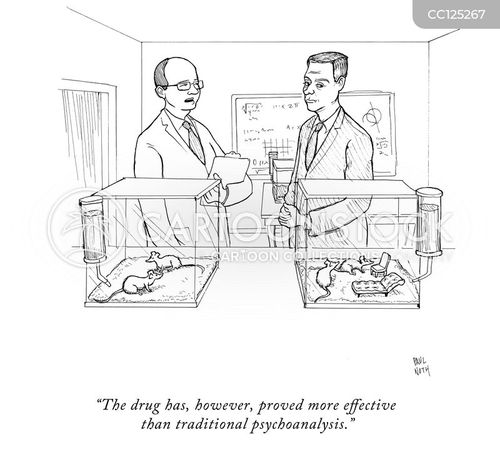
Placebo Effect Cartoons and Comics funny pictures from

Does placebo work on dogs, cats and other animals?

Can The Placebo Effect Help Your Dog's Separation Anxiety?
Why does placebo work on dogs and cats?
the placebo effect it works I Can Has Cheezburger

The Danger of the Pet Placebo The Atlantic
BBC Earth Does the placebo effect work in animals too
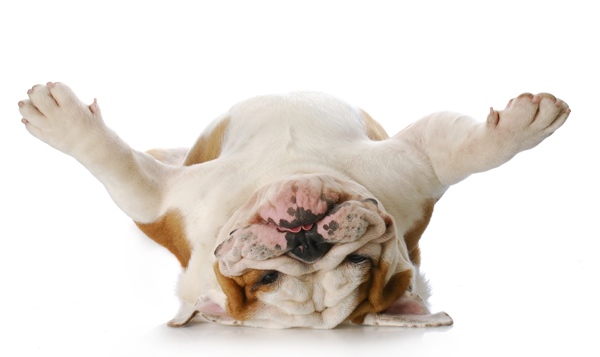
10 Crazy Facts About the Placebo Effect Listverse
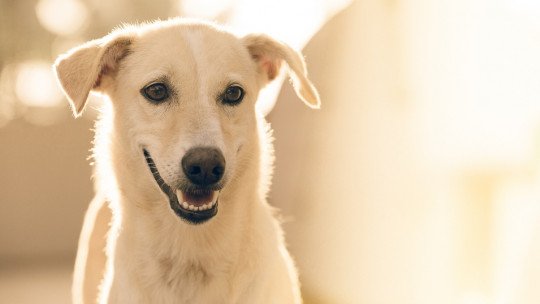
🥇 Placebo effect in animals what it is and why it appears
The Scientific Study of Placebo Effects in Animal Models
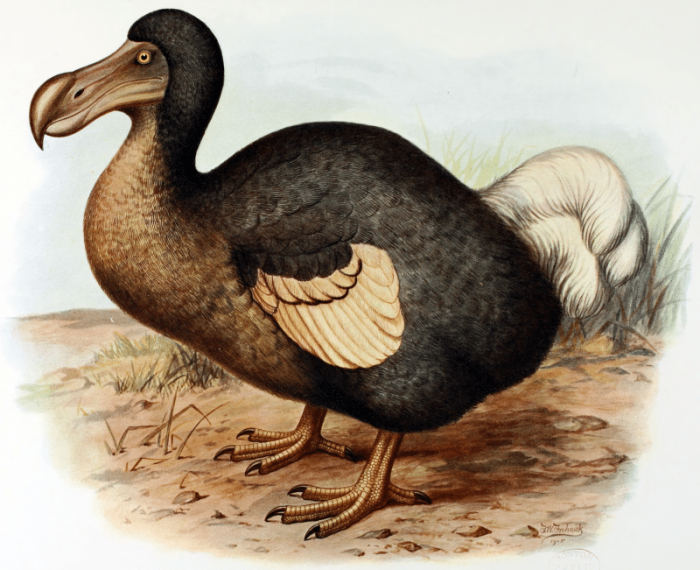
Dodo Bird Meets Goldilocks Psychotherapy And The Placebo
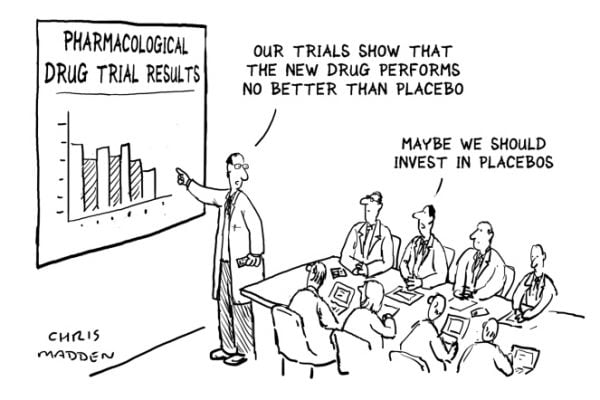
Countering the ‘Caregiver Placebo Effect’ in Your Dog

March 2013 Archives Beatrice the Biologist
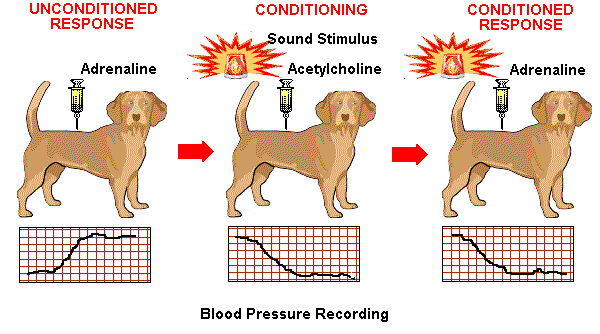
Placebo Effect The Power of the Sugar Pill

Page not found Neuroscience, Animal cell project, Neurology

CURRENT CONCEPTS OF PLACEBO EFFECT AND USE OF ANIMAL

Placebos and Dogs Really? (Yes!) Dogs, Placebo, Leashes
